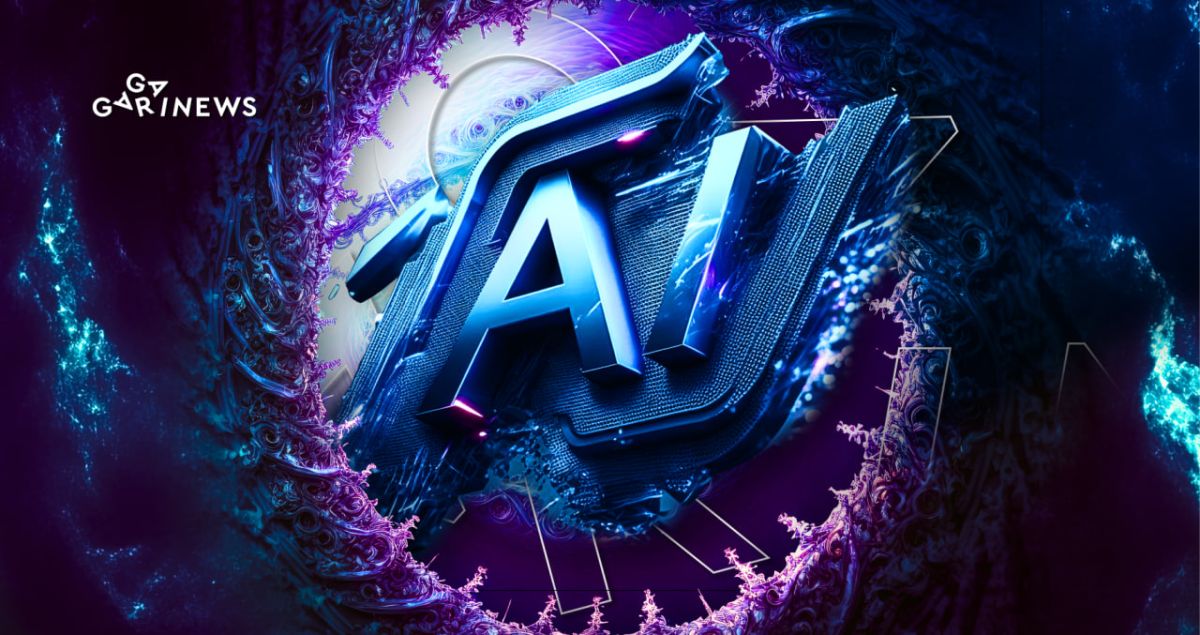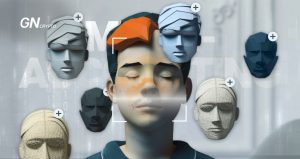Exploring the Potential of Blockchain in Artificial Intelligence

Artificial intelligence (AI) has been rapidly advancing and integrating into various industries, streamlining their operations. However, AI systems are not flawless. The presence of bias in AI databases poses a significant challenge as it leads to biased outcomes.
On this page
Bias in artificial intelligence systems can stem from various factors, such as their incorporation of historical records and the inherent flaws within the data collection and processing procedures. To address this issue, it is crucial to employ trustworthy sources of information while upholding their authenticity.
AI-Generated Native Americans Source: medium.com
Blockchain technologies can offer a promising solution, as they bring transparency, decentralization, reliable data storage, and protection against tampering and interference from third parties. While blockchain is not a cure-all, it can significantly contribute to the development of fair AI systems.
With blockchain, it becomes possible to track the origin of the data used in artificial intelligence training models. This capability allows interested parties to identify potential sources of bias and effectively address them. Additionally, blockchain enables secure information exchange among multiple parties, fostering the creation of diverse and representative datasets.
By decentralizing the AI training process, different stakeholders can contribute their knowledge and expertise, thereby minimizing the influence of any individual biased perspective. Continuous monitoring by participants in the network also helps to address any issues that may arise over time.
Industry experts, such as Ben Goertzel from SingularityNET and Dan Peterson from Tenet, acknowledge that achieving absolute objectivity remains a challenge. Nevertheless, by harnessing the potential of blockchain as mentioned earlier, AI systems can make significant strides toward this goal.
The content on The Coinomist is for informational purposes only and should not be interpreted as financial advice. While we strive to provide accurate and up-to-date information, we do not guarantee the accuracy, completeness, or reliability of any content. Neither we accept liability for any errors or omissions in the information provided or for any financial losses incurred as a result of relying on this information. Actions based on this content are at your own risk. Always do your own research and consult a professional. See our Terms, Privacy Policy, and Disclaimers for more details.


























